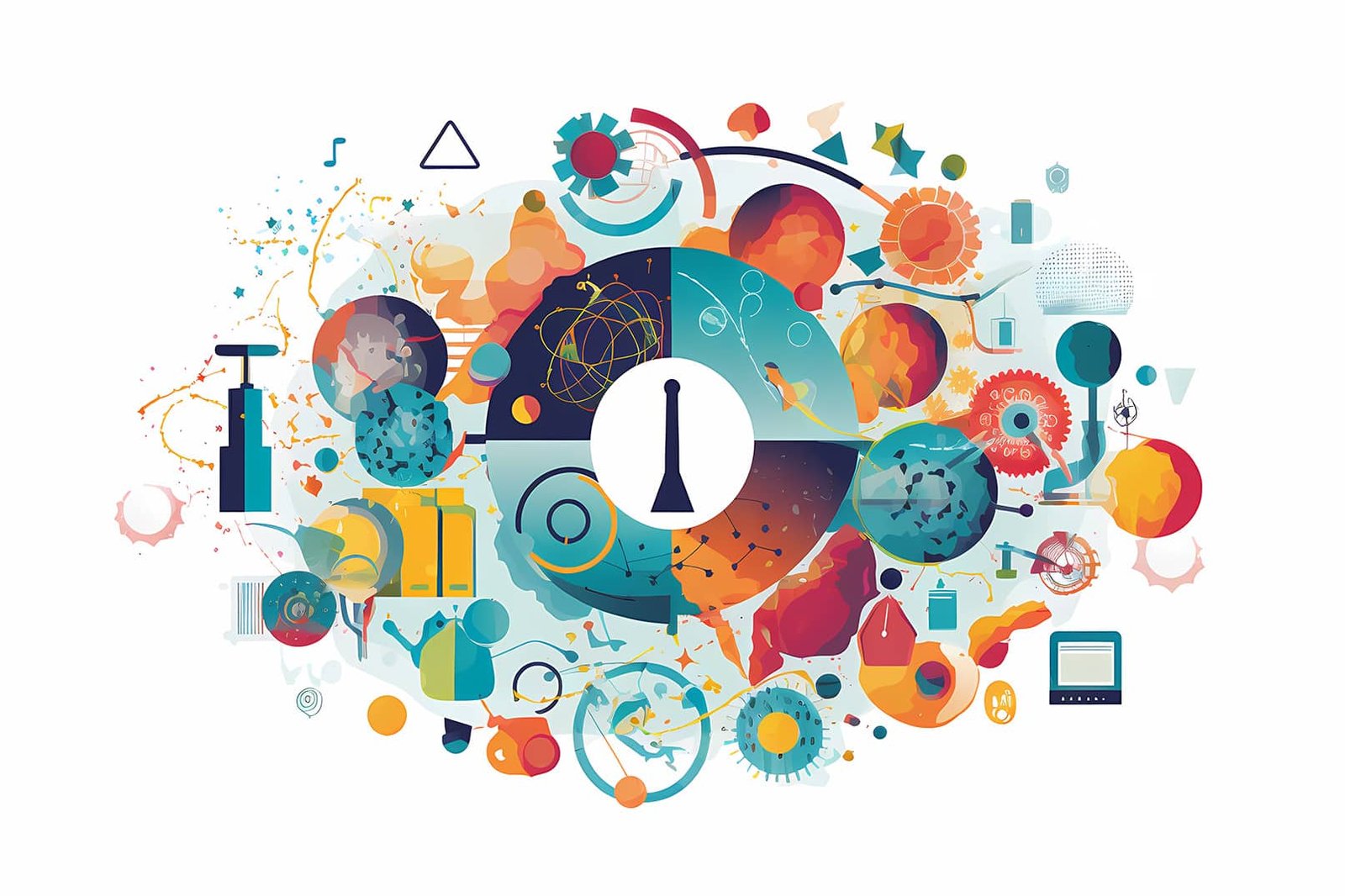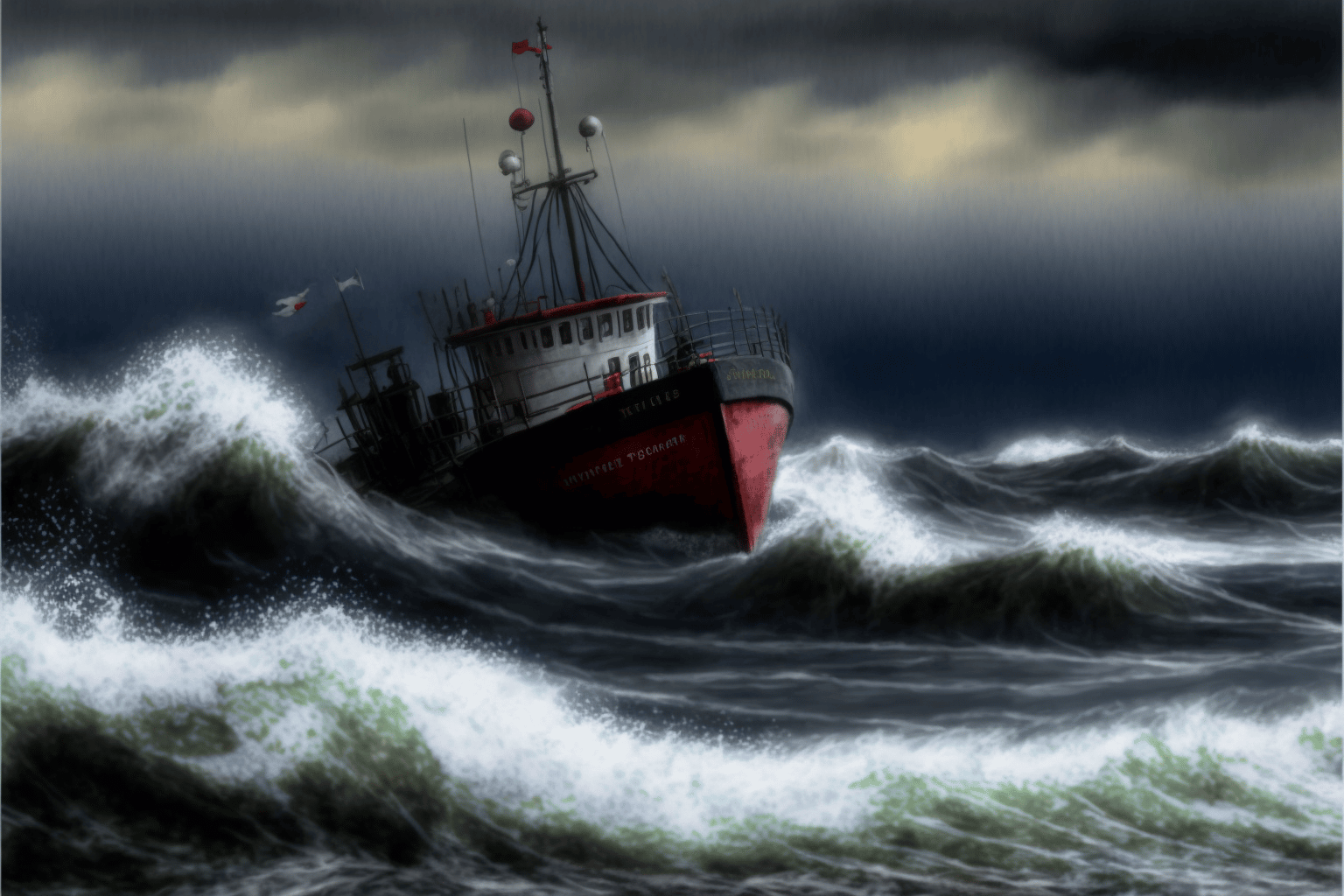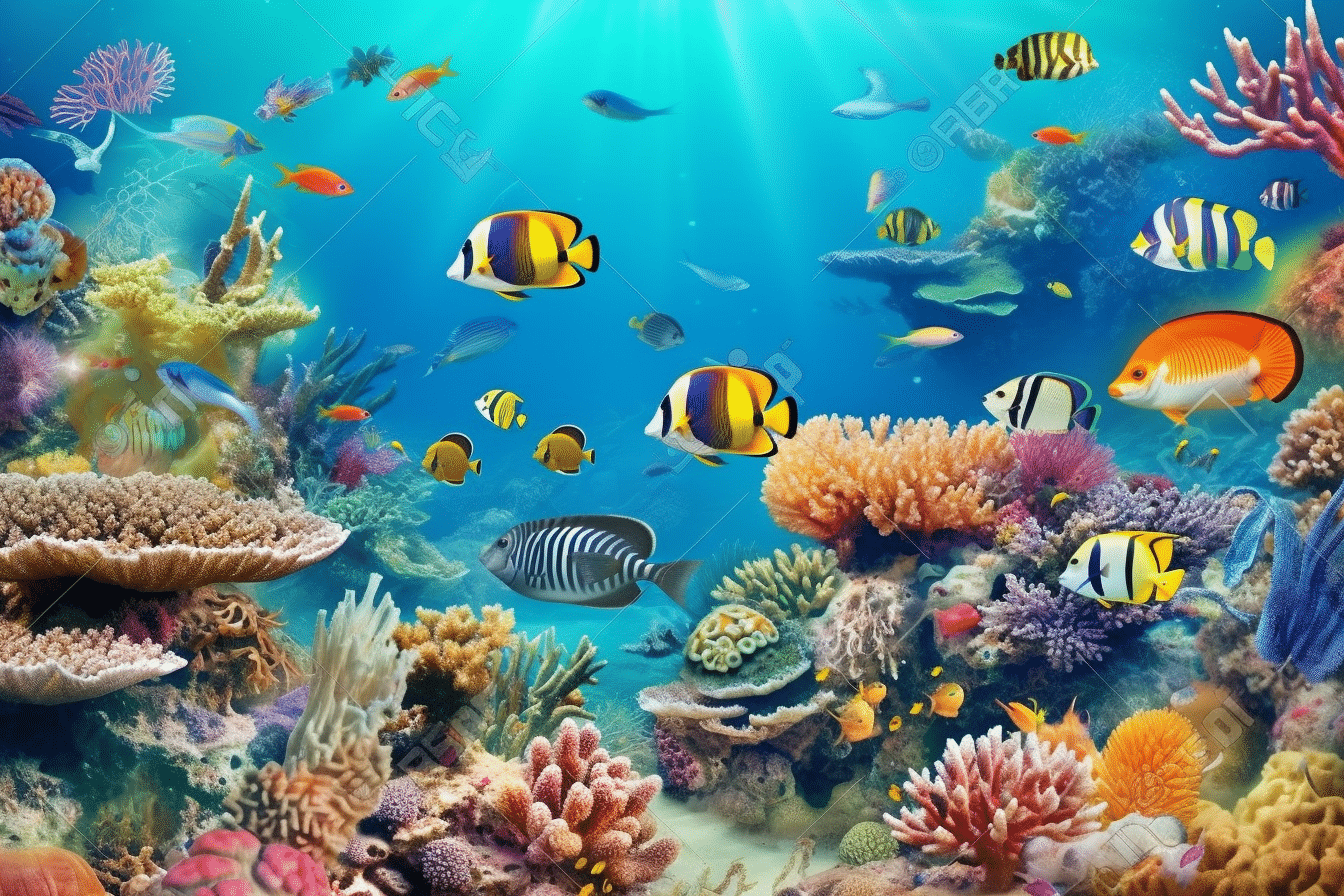In the epoch of profound technological advancement, the pertinence of science skills has never been more evident.
It’s no longer a domain confined to white-coated researchers in high-tech labs but is an essential part of our everyday lives. From understanding climate change to making informed decisions about health, the ordinary person’s need for science skills is paramount.
Understanding the Basics of Science
Curiosity, the quintessential trait of our species, plays an integral role in science. It sparks our desire to understand the world around us, driving us to ask questions and seek answers. This innate quality is the foundation of science, making it a field not exclusive to academics but accessible to all.
Grasping basic science concepts can be as enlightening as it is empowering. From understanding the laws of motion that orchestrate the dance of celestial bodies to the atomic structures that construct our reality, these concepts serve as a compass in the vast sea of scientific knowledge.

Importance of Embracing a Scientific Mindset
Everyone benefits from a scientific mindset, a mental framework characterized by critical thinking, objectivity, and a thirst for evidence-based knowledge. It fosters rational decision-making and a rational understanding of the world.
Developing a scientific mindset is akin to cultivating a garden. It requires patience, effort, and a conscious decision to question, explore, and learn. It’s about fostering skepticism yet maintaining an open mind, and above all, it’s about the relentless pursuit of truth.
Interactive Ways to Improve Science Skills
Unleashing your inner scientist need not be a solemn affair. Some people try home-based experiments, such as creating a homemade volcano or studying the life cycle of a plant, which can be both educational and enjoyable.
Online science quizzes and games, a potent amalgamation of technology and education, offer an engaging platform to test and improve your science
knowledge. It’s a fun-filled learning avenue that breaks the monotony of traditional learning methods.
Exploring local science museums and exhibitions can be akin to stepping into a time machine. They offer a tangible connection to the scientific marvels of the past, present, and potential future, enhancing our appreciation and understanding of science.
Many trusted resources are available for people who want to improve their science skills and understanding. Here are a few examples:
- The Khan Academy offers numerous free online courses in various science subjects, including biology, chemistry, physics, and earth science.
- The Science Channel has a website with educational videos, games, and activities on various science topics.
- National Geographic has a website with articles, videos, and photos about science and nature.
- The Smithsonian Institution has a website about its museums, research centers, and educational programs.
- NASA has a website about its missions, research, and educational resources.
Start with these trusted resources to help people improve their science skills and understanding. Then, with a little effort, anyone can learn more about the fascinating world of science.
Here are some additional tips for finding trusted science resources:
- Look for help from reputable organizations, such as universities, museums, and government agencies.
- Check the credentials of the authors or creators of the information.
- Make sure the information is up-to-date.
- Be critical of the information you find. Not all science resources are created equal.
You may also ask scientific questions to AI services like Bard. Institutions with skin in the game will endeavor to provide the most comprehensive, up-to-date scientific research.
Utilizing Technology for Science Learning
The advent of science apps has revolutionized the way we learn. These digital tools offer bite-sized lessons, interactive simulations, and instant feedback, making science learning accessible and convenient.
Online science courses have democratized education, making it possible for people with internet connections to learn from top-notch educators across the globe. Whether you’re a novice or looking to refresh your knowledge, these courses cater to various learning needs.
Virtual Reality (VR) takes science learning to a whole new dimension. It allows learners to venture inside a human cell, tour the International Space Station, or stroll around prehistoric Earth, fostering an immersive learning experience.
Reading and Understanding Scientific Literature
While brimming with valuable knowledge, scientific articles can be intimidating for many due to their complex jargon and dense presentation. However, they can become an invaluable resources with the right approach and persistence. Start by understanding the structure of these articles and focus on the abstract, introduction, and conclusion before delving into the details.
Decoding scientific terms can feel like learning a new language. But fear not, for every difficult period is a more straightforward explanation waiting for discovery.
Embrace the challenge, use a good science dictionary, and remember understanding comes in layers.

The Role of Social Science in Improving Science Skills
Social sciences, studying human society and social relationships, profoundly impact our understanding of science. They provide context to scientific facts, bridging the gap between abstract theories and their real-world implications.
Studying social sciences can aid in honing critical thinking skills, understanding research methodology, and appreciating the interconnectedness of knowledge – all of which are valuable science skills.
Learning Science through Documentaries and Podcasts
Science documentaries can bring a sense of wonder and understanding to your living room. They provide deep dives into various scientific fields, narrated by experts and accompanied by stunning visuals.
Podcasts, on the other hand, offer an auditory learning avenue. From discussions on the latest scientific breakthroughs to interviews with leading scientists, they provide knowledge that people can access anytime, anywhere.
Advancing Your Science Skills
Continuing education in science is a path worth considering for those seeking to delve deeper. Many institutions offer advanced courses and degrees in various scientific disciplines, allowing you to specialize and further enhance your skills.
If formal education seems daunting, pursuing science as a hobby can be equally rewarding. The possibilities are endless: join a local astronomy club, start a kitchen garden, or learn to code.
Improving Skills Makes Life Better
Improving science skills has long-term benefits that go beyond personal growth. It enables informed decision-making, promotes rational thinking, and fosters an appreciation for the intricacies of the natural world.
Throughout history, numerous individuals have made significant scientific contributions, often with little formal education. Their stories serve as a testament to the fact that with curiosity, determination, and the right resources, anyone can enhance their science skills and contribute to the collective understanding of the universe.







